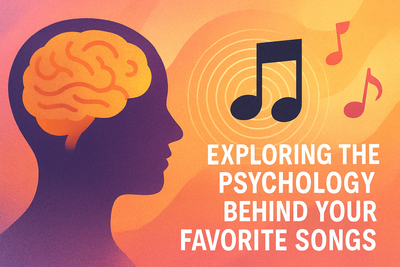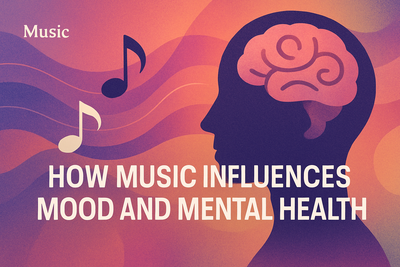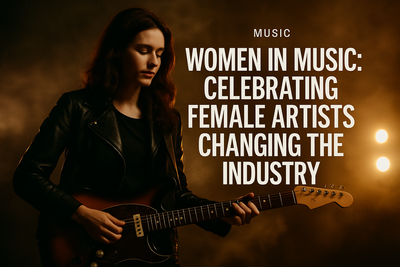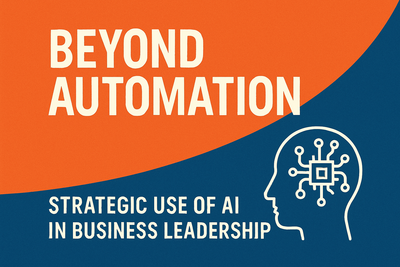Live Music in the Digital Age: Is the Concert Experience Changing?
Introduction
From vinyl to virtual reality, the music industry has always evolved with technology—but what about live concerts? Traditionally, attending a concert meant physically being there, surrounded by fellow fans, immersed in the sights and sounds of a shared musical moment. Today, the rise of digital platforms and immersive technologies is reshaping that experience. Is it for better or worse? Let's explore how the concert landscape is changing in the digital age.
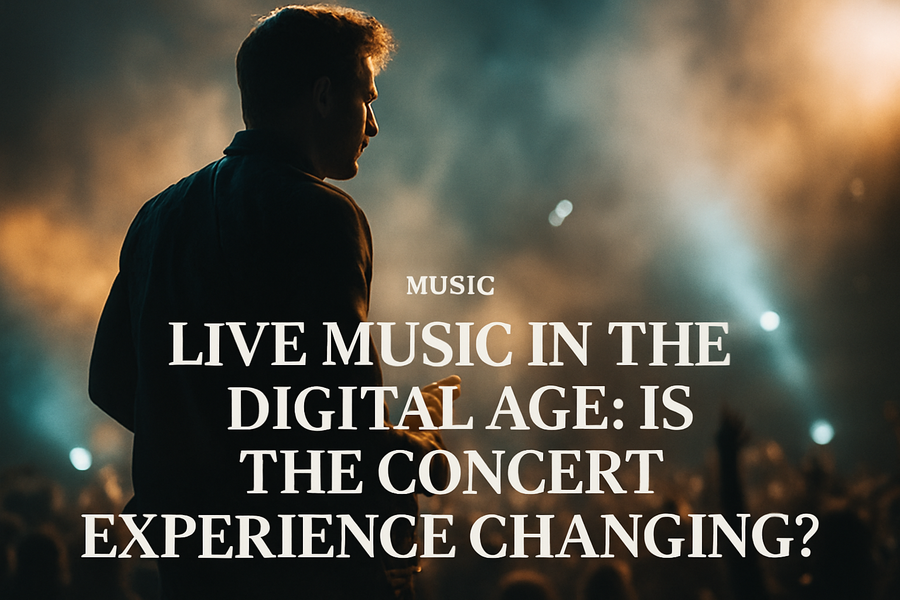
Streaming and Virtual Concerts
The COVID-19 pandemic accelerated the popularity of live-streamed concerts, with artists performing from home studios or empty venues while fans watched from their couches. Platforms like Instagram Live, YouTube, and Twitch became makeshift stages. While these performances lacked the visceral energy of being there in person, they offered inclusivity and global access. Artists could reach fans in multiple time zones simultaneously, often for free or at a lower cost.
More recently, virtual concerts have become increasingly sophisticated. Travis Scott’s Fortnite concert in 2020 attracted over 12 million viewers—and it wasn’t just a performance, but a fully immersive digital spectacle. Similarly, K-pop sensations BTS hosted multi-million dollar virtual concerts with interactive features and augmented reality.
Augmented Reality (AR) and Immersive Tech
Emerging technologies such as augmented and virtual reality are taking the concert experience to new levels. AR headsets and mobile apps can enhance live shows with visual overlays that react in real-time to music. VR platforms offer the chance to attend a concert in a virtual venue where you can interact with fans around the world—no travel or ticket lines required.
Companies like Wave and Meta are investing heavily in this space, creating avatar-based performances that blend gaming, music, and social interaction. For tech-savvy audiences, this represents an exciting frontier—but it also poses questions about authenticity and connection.
The Role of Social Media and Fan Engagement
Social media platforms have expanded the concert experience beyond the venue. Fans now share live videos, create TikToks, and tweet their reactions in real-time, extending the community experience digitally. This interactivity increases engagement and offers artists immediate feedback. However, it also changes concert etiquette and raises concerns about people experiencing performances through their screens rather than their senses.
Are Physical Concerts Still Relevant?
Absolutely. Despite digital innovation, there's an irreplaceable magic to live, in-person performances—the communal singing, the energy of the crowd, the unfiltered artistry. Many fans and artists view physical concerts as sacred spaces for genuine emotional connection. In fact, many musicians now blend physical and digital elements, offering hybrid experiences that cater to both local and global audiences.
Conclusion
The digital age is undeniably transforming live music, introducing more inclusive, innovative ways to experience concerts. From streaming and virtual shows to AR/VR-enhanced events, the options are more diverse than ever. Yet, the essence of live music—connection, emotion, and shared experience—remains timeless. As technology evolves, so too does our relationship with the stage, ensuring that whether online or offline, the music keeps playing.

